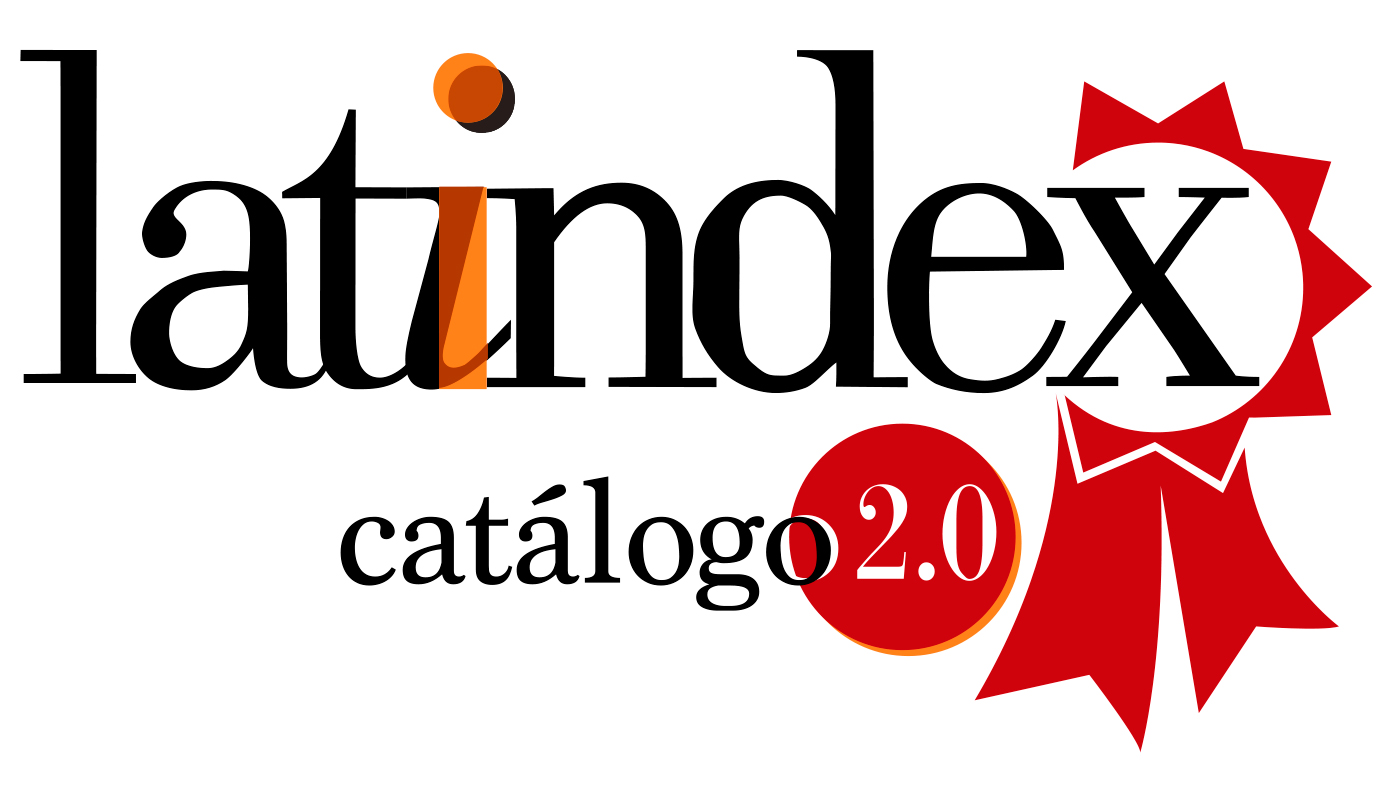De los caminos para la enseñanza de la lógica. Las condiciones de invisibilidad de la lógica desde la academia.
Abstract
The conditions of invisibility that usually have the philosophical content in both the Higher Level and Higher Level make the work of the philosophy professional in relation to their teaching practice. In this sense, logic is not exempt from privations of relevance as a tool of knowledge. Derived from the above, the novel Line of Generation and Application of Knowledge "Epistemology, Logic and Applied Philosophy" of the Faculty of Humanities of the Autonomous University of Chiapas, integrated by teachers of the Degree in Philosophy has generated a couple of projects during the 2017 denominated: Strengthening of the teaching of the logic in the Degree in Philosophy and, Development of Didactic Materials for the Teaching of the Logic in the Degree in Philosophy, respectively.
The generation of the projects is given in conditions of non-accessibility to financing, whose products seek to promote both training in logic and its dissemination. The stages and routes for the strengthening of one of the philosopher's main tools, of the professional of philosophy and of the human being in general, where the discernment of correct or false arguments, their analysis and the methods for the demonstration of validity, play A fundamental role in the configuration of expressions of thought.
References
Cabanzo Vargas, A. (2009, julio-diciembre), “La enseñanza de la lógica y el análisis del texto argumentativo”. En Revistas Actualidades Pedagógicas. No. 54, pp.159-172. Disponible en línea en
http://revistas.lasalle.edu.co/index.php/ap/article/view/959/866
CEFTA (2016), Plan de estudios. Disponible en línea en http://filosofiacefta.com/index/index.php/oferta-academica/licenciatura-filosofia/plan-de-estudios
Château, J. (2005), Los grandes pedagogos. Trad.: Ernestina de Champourcín. México: FCE.
Copi, I. (1996), Lógica Simbólica. México: Compañía Editorial Continental, S.A. de C.V.
Copi, I., & Cohen, C. (2013), Introducción a la Lógica. México: Limusa.
Delval, J. (2004), Los fines de la educación. México: Siglo XXI.
Kant, I. (2013), Pedagogía. Trad.: Lorenzo Luzuriaga y José Luis Pascual. Madrid: Akal.
Raymundo Morado, “La lógica en México: Raíces, logros y posibilidades” en http://www.filosoficas.unam.mx/~morado/Papers/RaicesLogros.htm
Rayo, A. (2004), “Formalización y lenguaje ordinario”. En Orayen, R. & Moretti, A. (ed.). Filosofía de la lógica. Madrid: Trotta.
Ruiz Rincón, D. L. (2011), Diagnóstico de la situación de la enseñanza de las asignaturas de corte filosófico: Ética y valores I y II, en el Colegio de Bachilleres de Chiapas, planteles 01 Terán y 13 Oriente. [Tesis de maestría]. Universidad Autónoma de Chiapas.
Ruiz Rincón, D. L., Canela Morales, L. A., & Cañas Muñoz, M. A. (2017). Breve Manual de Lógica Matemática. Tuxtla Gutiérrez: Universidad Autónoma de Chiapas.
Ruiz Rincón, D. L., Cañas Muñoz, M. A., Ruiz Sosa, F. G., & Canela Morales, L. A. (2016). La enseñanza de la lógica en un programa emergente: El caso de la Licenciatura en Filosofía de la Universidad Autónoma de Chiapas, un espacio de retos y posibilidades. En T. d. Mijangos Martínez (Ed.), Rutas didácticas y de investigación en lógica, argumentación y pensamiento crítico (págs. 211-222). Ciudad de México, México: TRAUCO
Trillas, E. & Sobrino, A. (1991), “Nota sobre la enseñanza de la lógica en el bachillerato”. En Suma, 7 (Invierno, 1990), pp. 19-22. Disponible en línea en https://revistasuma.es/IMG/pdf/7/019-022.pdf
Vega Reñón, Luis (2004), “De la lógica académica a la lógica civil: una proposición” en Isegoría, 131.
UNACH (2012), Plan de estudios de la licenciatura en filosofía. Universidad Autónoma de Chiapas.





